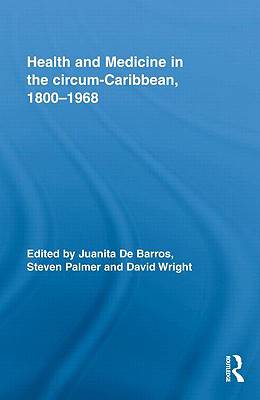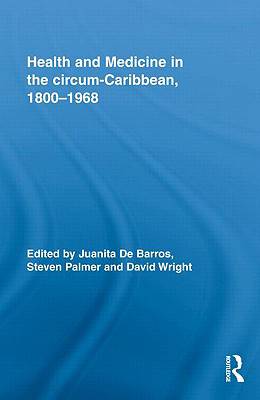
- Retrait gratuit dans votre magasin Club
- 7.000.000 titres dans notre catalogue
- Payer en toute sécurité
- Toujours un magasin près de chez vous
- Retrait gratuit dans votre magasin Club
- 7.000.0000 titres dans notre catalogue
- Payer en toute sécurité
- Toujours un magasin près de chez vous
Health and Medicine in the circum-Caribbean, 1800-1968
305,45 €
+ 610 points
Description
For the first time in the study of history of colonial and post-colonial medicine, Health and Medicine in the circum-Carribean, 1800-1968 collects essays on the history of medical policy and practices from throughout the French, British, Hispanic, Dutch, and Danish Caribbean.
Spécifications
Parties prenantes
- Editeur:
Contenu
- Nombre de pages :
- 310
- Langue:
- Anglais
- Collection :
Caractéristiques
- EAN:
- 9780415962902
- Date de parution :
- 01-04-09
- Format:
- Livre relié
- Format numérique:
- Genaaid
- Dimensions :
- 152 mm x 229 mm
- Poids :
- 598 g

Les avis
Nous publions uniquement les avis qui respectent les conditions requises. Consultez nos conditions pour les avis.





